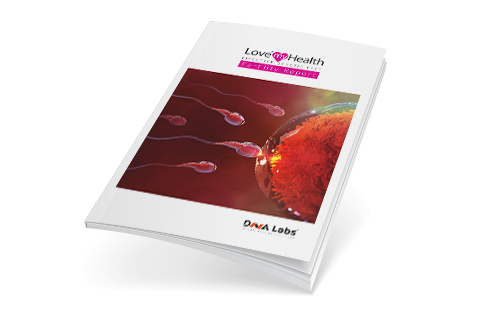Maternal Genetics Influence Risk for Infant Eczema
The development of atopic disease stems from a combination of genetic predisposition, diet and the establishment and health of the microbiome to influence immunity. In addition, maternal genes are shown to influence the composition of breast milk and in turn, risk of the infant developing eczema. The FUT2 gene encodes the fucosyltransferase-2 enzyme, which influences the composition of sugars (glycans) in mucosal tissues and bodily secretions. In particular, it determines the content of fucosylated human milk oligosaccharides (HMO) in breast milk. Genetic variations lead to those who are considered ‘secretors’ and ‘non-secretors’, denoting the presence or lack of secretion of fucosyl sugars.
Breastmilk provides the essential nourishment for neonates and its composition influences the establishment of the commensal microbiome and presumed subsequent risk for infection. Infants born to mothers who are non-secretors show a reduction in the establishment of Bifidobacterium spp. during the first years of life and a 1.38- to 2.38-fold increased risk of infant gastrointestinal and respiratory infection, including, H. influenza, N. meningitis, and S. pneumonia. In addition, non-secretors show a reduction in 2′-fucosyllactose HMO, indicating a decrease in FUT2 enzyme function. C-section born infants fed breast milk containing FUT2-dependent oligosaccharides, show a lower incidence for IgE-associated eczema within the first 2 years after birth. Therefore, infants born to non-secretors by C-section are likely at an increased risk for developing eczema.
Prenatal supplementation of probiotics can reduce the incidence of infant eczema and may be suitable for non-secretor moms.
DNA Labs has recently updated the Dysbiosis card on the LMH-PRO Fertility Panel Add-on to include these updated findings for those planning a family or expecting
- Sprenger, N. et al. FUT2-dependent breast milk oligosaccharides and allergy at 2 and 5 years of age in infants with high hereditary allergy risk. Eur J Nutr 56, 1293–1301 (2017).
- Barthow C, Wickens K, Stanley T, Mitchell EA, Maude R, Abels P, et al. The Probiotics in Pregnancy Study (PiP Study): rationale and design of a double-blind randomised controlled trial to improve maternal health during pregnancy and prevent infant eczema and allergy. BMC Pregnancy Childbirth. 2016 Jun 3;16:133.

By Dr. Robyn Murphy, ND
Scientific Advisory Board Member

